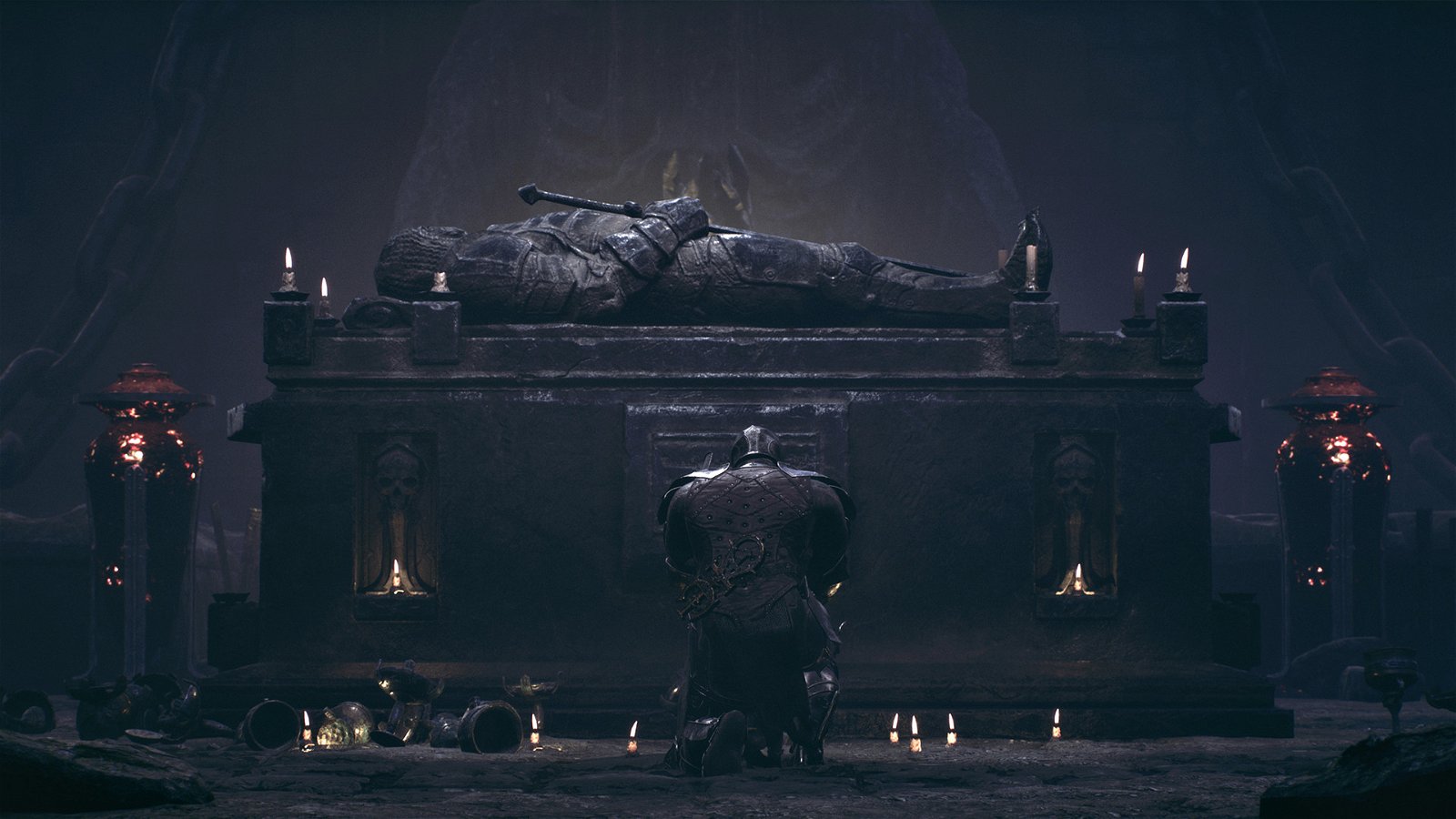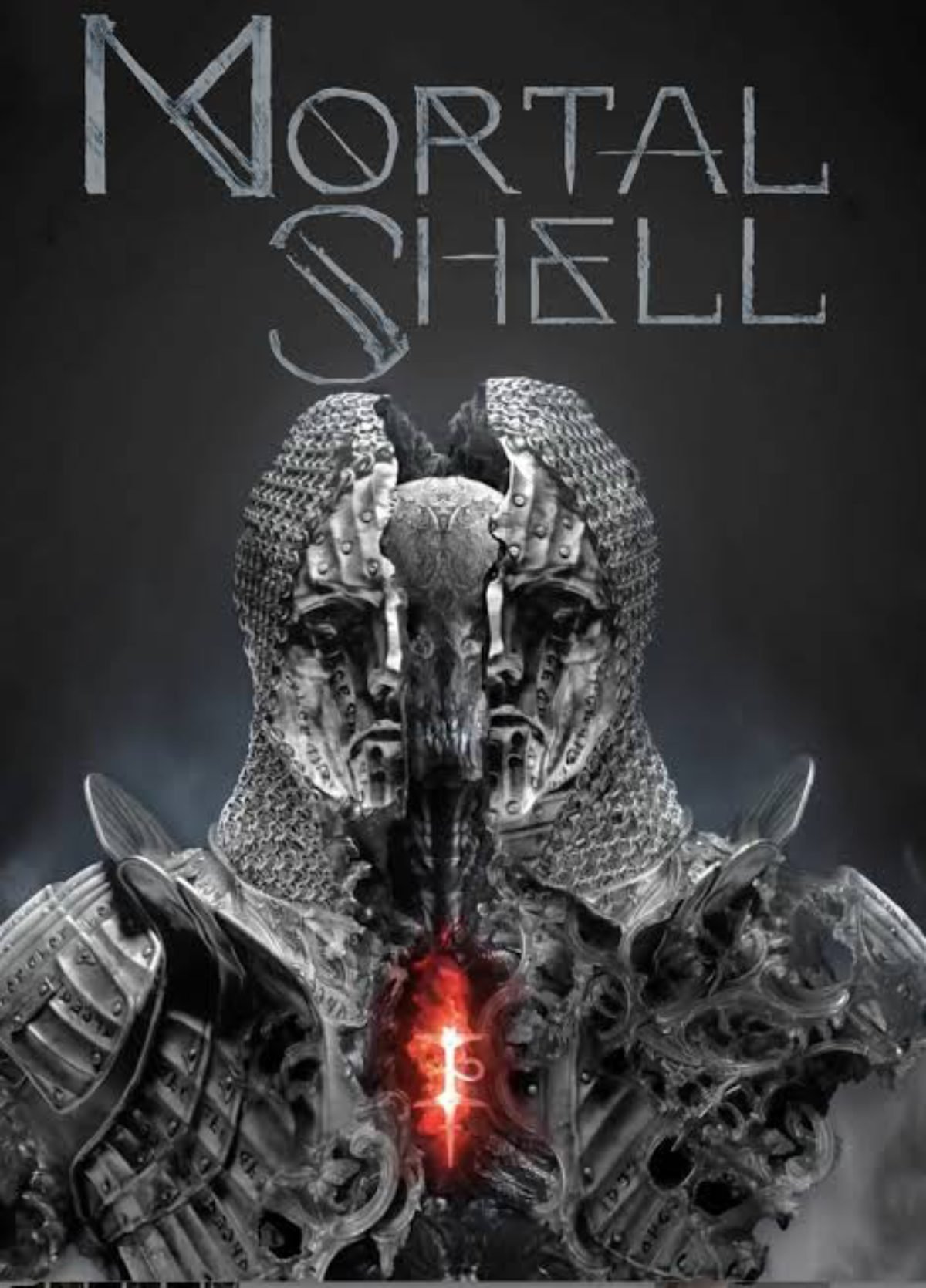The Soulslike genre has been fairly quiet as of late, with the big dogs like Sony and Fromsoft resting confident that the Demons Souls remake and the utterly mysterious Elden Ring will bring everyone back into the fold. However, there are always a few Indie studios putting out some quality homages to the legendary series. In this regard we have Mortal Shell, from developer Cold Symmetry and publisher Playstack. The best way to describe the game in a nutshell is “stripped down, mini-souls”. The setting, lore, characters, gameplay, traversal, combat, and level layout are distinctly—almost to a fault— “Dark Souls”, but they’ve managed to add a unique simplifying formula that really works well for the scope of the game. Mortal Shell knows exactly what it is but has enough restraint and self-awareness to not appear like the devs were punching above their wait. It’s not the most epic Soulslike on the market, but it’s a fun trip and more than enough to slake the thirst of increasingly desperate Fromsoft devotees—this author included.
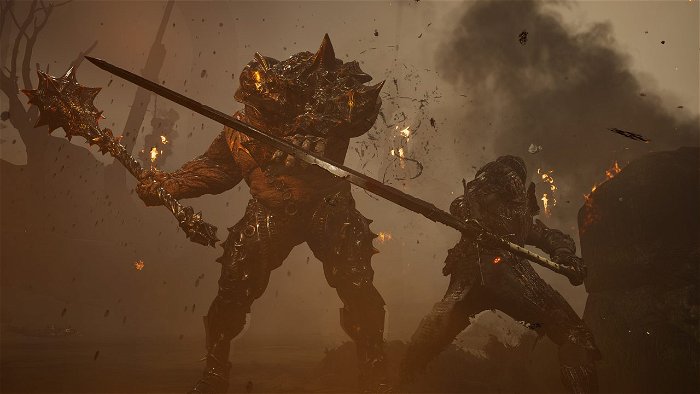
In traditional Souls format, you begin the game by awakening in a strange limbo realm where you run through the basics of the gameplay—how to attack, how to dodge, and how to harden. What is harden you ask? It’s one of the unique gameplay mechanics in Mortal Shell that serves as a break from the traditional “sword-and-board” combat of similar ARPGs. Essentially, you can briefly “harden” your character by turning them to stone, which serves as a block and stagger mechanic. Enemy swings sword at you, hit the harden button at the right time, their swords clangs off and you can continue hackin’ and slashin’. It admittedly took me a while to get used to this mechanic in place of a normal block button, but the ability to queue up an attack, then harden, and release at the same time allowing you to land an immediate blow on the now staggered enemy was actually a super useful combo addition—especially during boss fights.
The other unique mechanic, and actually kind of brilliant considering the scope and budget of an Indie title, was the lack of any RPG “stats” and player-choice character builds. Rather than allocating points to create the type of class you want to play — heavy tank, ranged caster, quick moving rogue etc.— the player has a choice of four “shells”, with each shell offering different unchangeable base stats that favour a particular playstyle with points spread between three stats: Durability=health, stamina=well, stamina, and resolve=power bars for special attacks. You’ve got the all-rounder Harros the Vassal, the first shell and the one with straight down the middle durability, stamina, and resolve. Tiel, the Acolyte (my personal favourite) is your rogue character with low health and resolve but a massive stamina bar, making this shell the perfect speedrun build. For those of you who simply love building up that resolve bar and spamming special attacks, Solomon the Scholar is your guy, and if you want a heavy-tank that can’t run far but sure is good at taking a hit, Eredrim the Venerable would be your best choice. Once you’ve unlocked all the shells by finding them in the game world, you’ll be able to switch out at the main hub or by using limited effigies, of which there aren’t many and only a set amount each playthrough. Luckily, the game world isn’t very big, so if you find yourself stuck in an area where you’d much rather use a different build but you don’t have any effigies, it’s not a big deal to speedrun back to the hub and switch out there.
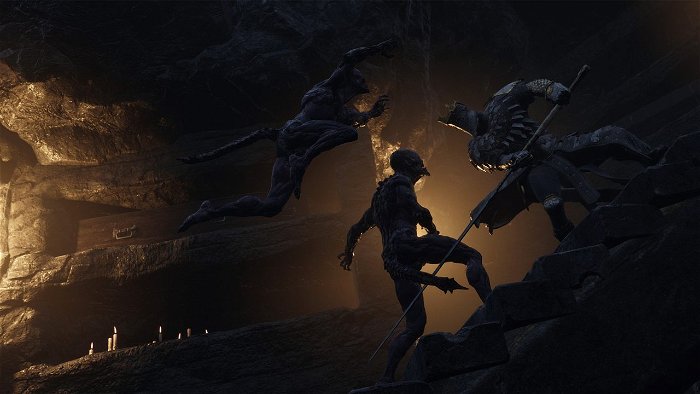
As for weapons? Well, four classes, four weapons (sort of). There are four melee weapons and one ranged weapon, but the latter I found rather useless and with such limited ammo I barely used it. You’ve got your stock standard mid-range longsword, the Hallowed Sword, your quick fire, low-damage but low-stamina Hammer and Chisel (personal favourite), the slow but massive damage but stamina killing greatsword, the Martyr’s Blade, and the long-range sweeping spear/scythe equivalent, Smoldering Mace. Each weapon can be used by each shell, but there are clear builds in mind that are more effective. I played almost the entire game with the Hammer and Chisel with the Tiel shell, favouring the high-speed, hit-and-run method, but equally viable thanks to that character’s huge stamina bar was a Tiel-Martyr’s Blade combo. While you aren’t going to find the endless depth, variety, and experimentation of AAA ARPGs, there’s enough here to keep pretty much everyone happy (unless you like ranged/caster builds, of which there are none). Again, it felt to me like the devs knew their limitations and designed the game around them rather than in spite of them.
The level design is pretty decent, with three separate biomes connected via the main hubworld. Each biome contains the upgrade items required for improving a specific weapon, and feature some cool but a bit played out thematic elements. You’ve got your classic crypts and graveyards, mysterious floating tombs, and so on. Nothing that’s going to blow your minds but well-designed and serviceable. Your hub character Sister Genessa serves as the bonfire equivalent, appearing 2-3 times per level to allow you to save progress, upgrade your stats, and respawn.
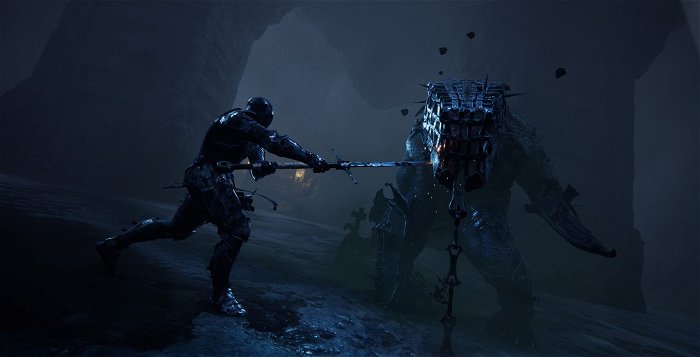
Mortal Shell is not a long game, and while my initial exploration certainly padded out the hours, it’s possible to speedrun through the game super quickly. That’s not really a dig at the game, because the same can be said for all the Souls titles, but there simply isn’t that much incentive to go exploring once you’ve upgraded your weapons and found a few items. I was pretty content to not play NG+, although it is available, because I felt like I had completed everything the first time around. The lack of build variety and PvP also hurts the replay value, and once I beat the final boss I wasn’t exactly itching to dive back in.
Having said that, I must reiterate that all of these “limited” options actually serve the title quite well, in that it doesn’t shoot for the stars and fall flat. It shoots for the moon, lands safely, and that’s that. Keeping everything purposefully pared down—especially the four shells—allows the game to be a leaner, tighter experience. With a bigger budget, team, and more time, I feel the developers certainly have the chops to craft a Soulslike that could actually serve as more of a competitor than an homage, but it is what is, and while Mortal Shell is a shorter, simpler Souls game, it does what it wants to do quite well and I had a good time playing it.
